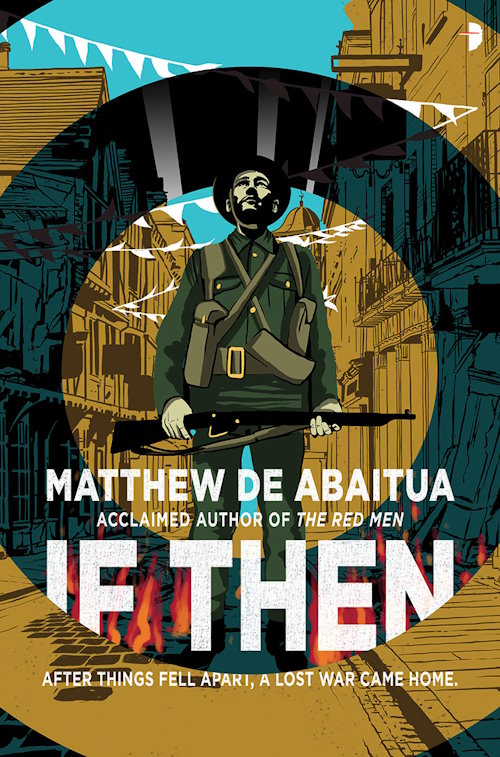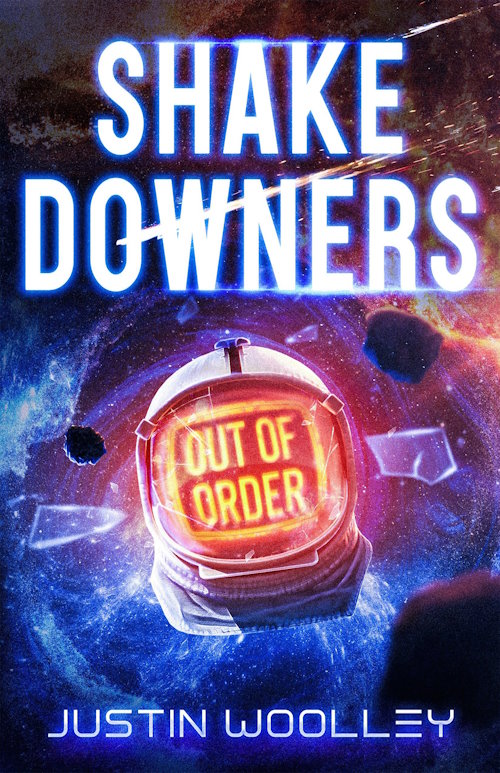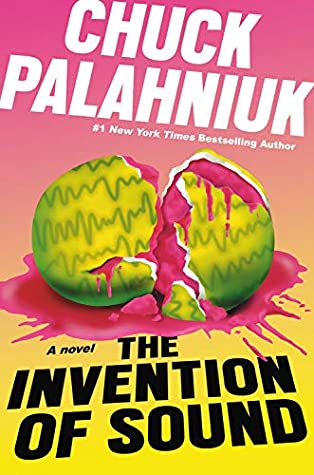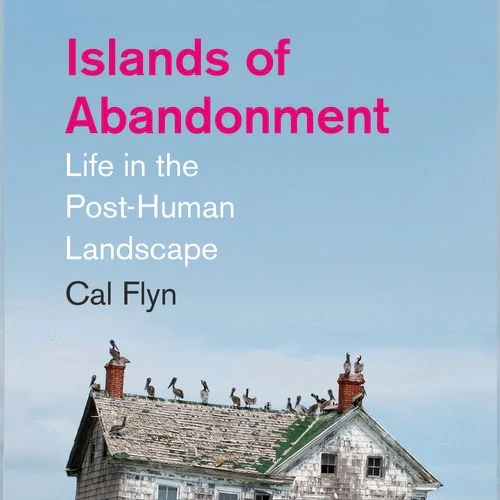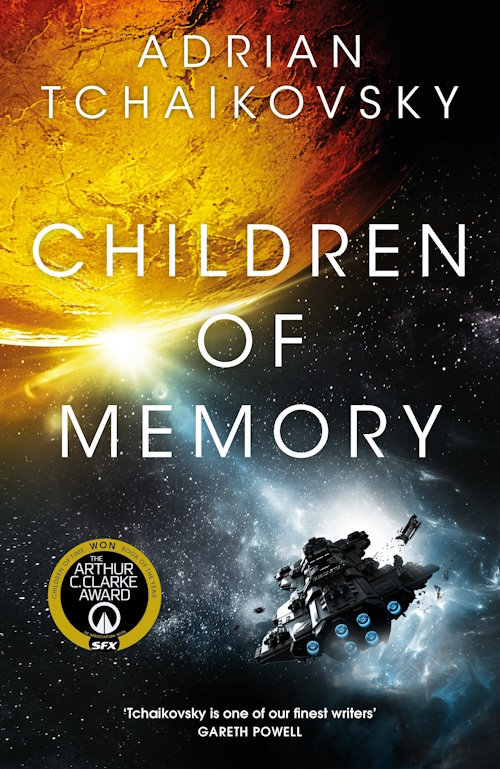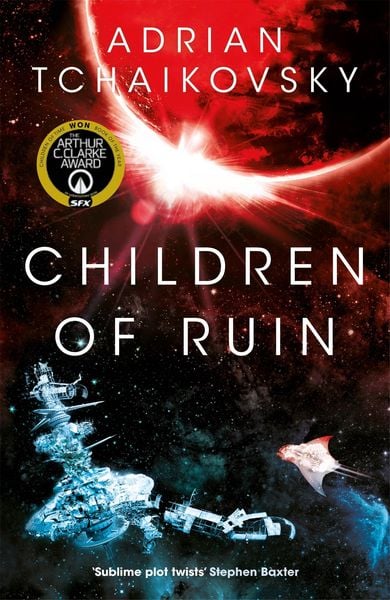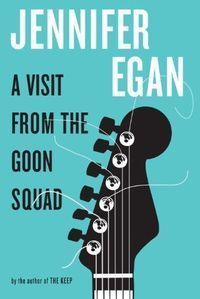
If Then is a really weird book. It is based on some real people's philosophy on war, carefully collected by Matthew De Abaitua and reimagined in a scifi story. It reminded me most of the Pandora (Destination: Void) series, by Frank Herbert, only not so grotesque. As a big fan of Herbert's, this is high praise, even if Pandora wasn't his best writing.
The subject is really weird and I don't want to spoil it, so I will keep it brief. After the end of democracy (not with a bang, but with a whimper), the world is in chaos. I particularly liked the reason everything failed: the financial instruments were doing great, it was just the people that had no money. A very cynical view on the end of the world, yet oh so familiar. In this chaos, some places decide to try something, anything, to keep the dark away. And in this part of Sussex, some villages accepted to be fitted with some biological implants that lets them be surveyed and sometimes influenced by something nebulous called The Process, a data driven system that works to maximize fairness in a world that is both extremely poor and having access to technology and manufacturing capabilities that can build anything. The result is a quasi feudal world, like a human zoo.
Now, I am usually for software systems running things rather than people, however they are made by people, so bummer. Yet here "the process" is so vague and ineffable that people don't know what to think, feel and do. about it. Random people are being "evicted" from the village, whether they want it or not, for reasons unknown but that are supposed to increase fairness and compliance. Even the eviction process is done by a "bailiff", a man with an implant that, when doing away with people, he is not even aware of what he is doing at the time. This bailiff is the main character of the book, BTW.
By now you are thinking that this is a sort of YA novel in which people revolt against an evil overlord. You couldn't be further from the truth. The pettiness and powerlessness of people is mercilessly dissected by De Abaitua as we read through the book trying to discern what the hell it is going towards. And perhaps that's my biggest criticism for the book: it starts as one thing, morphs into another, then abruptly ends. It examines humanity and technology in a philosophical way, muses about the engines of war and the source of identity then, job done, fucks off. Quite an unsatisfying ending.
Bottom line: as far as I know this is the second novel from the author and as such, I consider it a great achievement. I really liked the writing and the exactness with which it magnified the intentions and feeling of the characters. I liked that the story was innovative and complex and weird as hell. Yet I can't say in good conscience that I enjoyed it. This is not a feel good book, just a good book.

